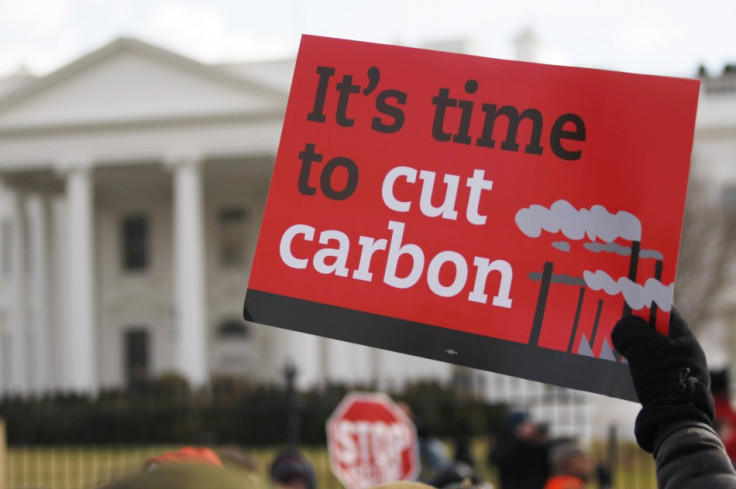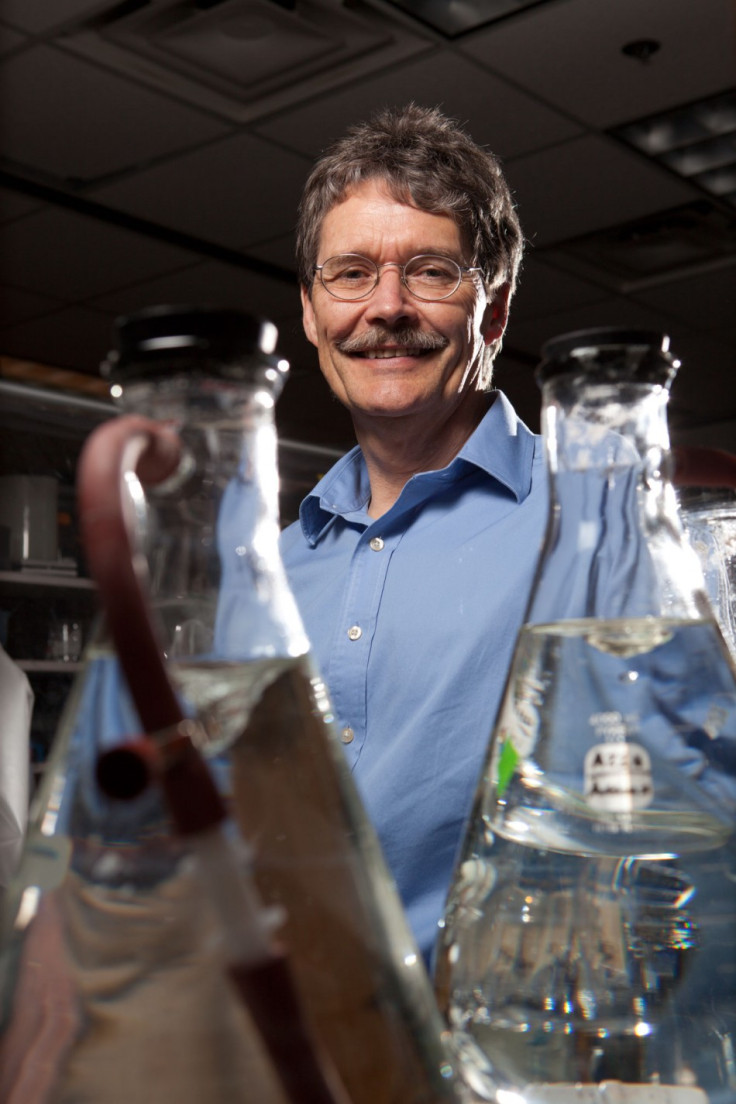Fireball to Save Earth? Scientists Turn CO2 into Fuel
US researchers discover way of converting carbon dioxide into biofuel

Scientists in the US have found a way to turn carbon dioxide into biofuel, effectively solving problems caused by climate change and fuel shortages.
The researchers with the University of Georgia have identified a micro-organism called "rushing fireball" which can convert CO2 into a fuel.
Carbon emissions are one of the leading factors in climate change and researchers across the globe are working to find ways to generate power with a smaller carbon footprint.
Last year, the 2012 BP Statistical Review of World Energy said that at current production rates, there is enough oil to last just another 54 years. It said there was 63 years' worth of gas and 112 years of coal.
The team in Georgia said they had found a way of taking CO2 from the atmosphere and turning it into a fuel in the same way that plants do through photosynthesis.
Study co-author Michael Adams said: "What we have done is create a micro-organism that does with carbon dioxide exactly what plants do - absorb it and generate something useful.
"What this discovery means is that we can remove plants as the middleman. We can take carbon dioxide directly from the atmosphere and turn it into useful products like fuels and chemicals without having to go through the inefficient process of growing plants and extracting sugars from biomass."

Rushing fireball, or Pyrococcus firiosus, thrives by feeding on carbohydrates in the super-heated ocean waters located near geothermal vents.
The team manipulated the micro-organism's genes to create a kind of P. furiosus that can feed on CO2 at much lower temperatures.
They then used hydrogen gas to create a chemical reaction that converts CO2 into a common industrial chemical, 3-hydroxypropionic acid, which is used to make acrylics and other products.
According to the research team, they could theoretically create a version of P. furiosus that generates other industrial products, including fuel.
When fuel made from rushing fireball is burned, it would release the same amount of CO2, making it carbon neutral, they said. This would be a much cleaner alternative to fuels such as coal and oil.
Adams said: "This is an important first step that has great promise as an efficient and cost-effective method of producing fuels. In the future we will refine the process and begin testing it on larger scales."
© Copyright IBTimes 2024. All rights reserved.






